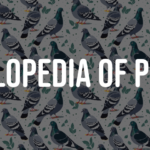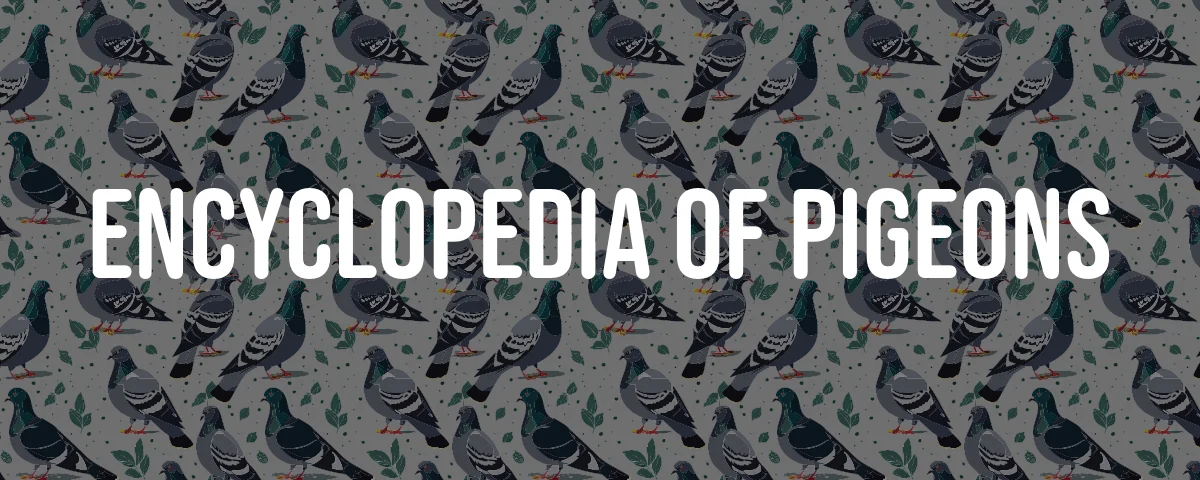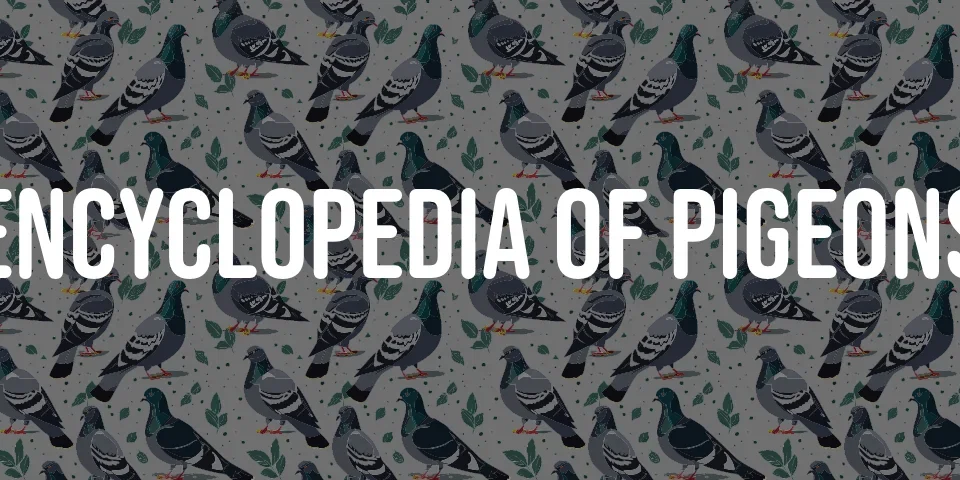The Oriental Frill pigeon is a small to medium-sized bird that belongs to the fancy pigeon category, a group distinguished by their varied and often elaborate physical traits. This breed is particularly noted for its very short beak, rounded head, and the frill of feathers on its breast, making it a standout among pigeon breeds. The Oriental Frill’s history is deeply rooted in the Ottoman Empire, where it was bred for beauty and companionship, a legacy that continues to this day.
Historical Background
The Oriental Frill was specially bred for the Ottoman Sultans in the Manisa Palace, located in western Turkey. This breed was a symbol of status and luxury, kept away from the common people for centuries. It was first imported to England in 1864 by H.P. Caridia from Izmir and made its way to America by 1879, where it was exhibited by the National Columbarian Society. The breed has undergone selective breeding to enhance its distinctive features, leading to the modern Oriental Frill we know today.
Physical Characteristics
| Feature | Description |
|---|---|
| Size | Small to medium (average weight 11-12 oz) |
| Body Shape | Cobby, with a jaunty disposition |
| Head | Rounded to slightly oval, with a pronounced forehead |
| Beak | Medium-short, thick, blending smoothly into the forehead |
| Eyes | Large, bright, with flesh-colored cere |
| Crest | Needlepoint peak crest, upright and central |
| Neck | Short and strong, appearing thick due to the mane |
| Frill | Extends from the middle of the gullet into the breast, well developed and profuse |
| Legs | Short, covered with grouse muffs all the way to the toenails |
| Plumage | Tight, lying flat except for the frill and peak crest |
| Tail | No more than 2 feathers in width, just clearing the floor when in show position |
| Color | Various, with no preference given to any one color |
Behavior and Temperament
Oriental Frill pigeons are known for their calm and docile nature. They are not particularly competitive or aggressive, making them excellent pets and show birds. Their intelligence allows them to be trained for simple tasks and tricks, further endearing them to pigeon enthusiasts. Despite their serene demeanor, Oriental Frills are also capable flyers, showcasing their agility and grace when given the opportunity.
Breeding and Care
Breeding Oriental Frill pigeons is a rewarding experience, with the breed being relatively easy to breed. They typically lay a clutch of two eggs, which incubate for about 18 days. The chicks, known as squabs, usually fledge within three weeks. To maintain their health, it is crucial to provide a clean, spacious environment, a balanced diet, and regular health checks to prevent common issues like respiratory infections.
Interesting Facts
- The white spots on the tail of the Oriental Frill are known as “the seal of the Sultan,” a feature highly valued in the breed standard.
- The breed possesses unique coloring factors known as Toy Stencil and Frill Stencil, which contribute to its distinctive appearance.
- The Oriental Frill is divided into several variations, with Blondinettes and Satinettes being the most common.
The Oriental Frill pigeon is not just a bird; it is a living piece of history, an art form cultivated through centuries of selective breeding. Its serene demeanor, combined with its striking appearance, makes it a beloved breed among pigeon fanciers around the world. Whether kept as a pet, shown in competitions, or simply admired for its beauty, the Oriental Frill continues to be a symbol of elegance and refinement in the world of fancy pigeons.






